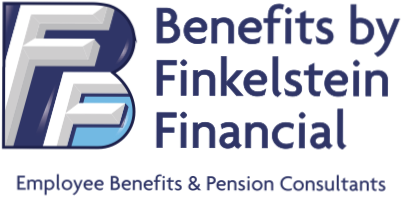Cannabis in the workplace
The Cannabis Act has received Royal Assent. As of October 17, 2018 recreational use of cannabis will become legal.The rapid and significant changes to the legal status of marijuana raise new questions and challenges for Canadian employers. Here, we provide a general overview of the most important things employers should know about cannabis in the workplace:
 Medical vs Recreational
Medical vs Recreational
 Policies for cannabis use
Policies for cannabis use
Legalization of recreational use doesn’t mean that employees can show up for work “high”. Employers have the right to set rules for non-medical use of marijuana in the workplace in much the same way that employers currently set rules for use of alcohol. In particular, employers may prohibit the use of marijuana at work or during working hours and may also prohibit employees from attending work while impaired.
 Duty to accommodate
Duty to accommodate
Currently medicinal cannabis is being prescribed to cancer patients, to those suffering from multiple sclerosis, PTSD, epilepsy and chronic pain. Employers must have policies in place permitting the medical use of marijuana in the workplace where supported by appropriate medical evidence, as a form of accommodation. As part of the accommodation inquiry, employers should require not only medical proof of prescription but also sufficient medical indication that the employee actually has to ingest marijuana during their working hours, together with sufficiently detailed information regarding the frequency, volume and method of ingestion relating to such prescribed medical use.

